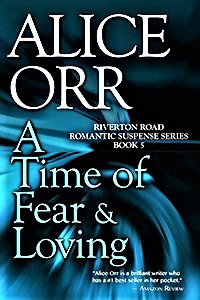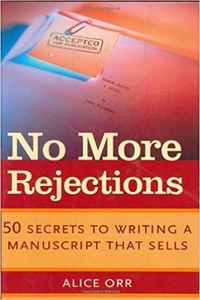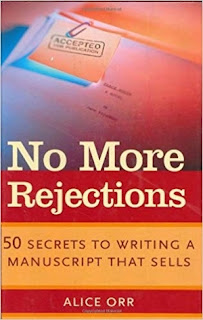
Nonetheless, ask yourself these three questions.
1. Can I lower my standards in some non-writing areas?
2. Do I want my legacy to be the perfectly performed To Do List?
3. Would I prefer to be known for a shelf of books with my name
on the spine?
Life is about choices.
The above choices must be made over and over each day in large
and small ways. Defeating the external and internal demand-makers takes vigilance
on behalf of your writing, and on behalf of your time to imagine and create.
The Puritan Ethic is in the front ranks of the Enemies of Creativity.
Our culture too often sends the message that creative work, such as writing, isn't
really work at all. Messages like, "If you love something passionately, you
should feel guilty about pursuing it," or "If that same something feels
natural as air to you, it can't be truly worthwhile."
The most lethal Enemy of Creativity is "Not-Good-Enough
Syndrome." The verdict we too often pronounce upon our own writing work is
"Not good enough, third rate, why even bother?" I suggest a strong dose
of "Get-over-it" for this, and for all of the Enemies. However, I suspect
a more concrete battle plan is in order.
Battle Strategy
#1: Calm Down. Anxiety erects a wall of nervousness between you
and your own creative spirit. Find a chill-out technique. Deep breathing works for
me.
Battle Strategy
#2: Make Your Inner Enemies Your Friends. When you find yourself
jangly, insecure, fearful, angry, paranoid, resentful, vengeful, and/or hurt, use
it to your writerly advantage. That darkness holds ideas and thoughts you won't
have in your sunnier moments. Write them down.
Battle Strategy
#3: Turn Your Outer Life Conflict into Story Conflict. Trouble
happens. Trouble is distracting and can go on disturbing your state of mind for
quite some time. Yet again, write it down. The details. What was said and done,
scraps of setting, what you felt with each of your senses. Exaggerate those feelings.
Transfer them to a character in your current work.
Battle Strategy
#4: Do Nothing. Once a day, at least, stare at a wall and let
the ideas come.
Employ these strategies against the Enemies of Creativity.
I guarantee that you, and your writing work, will emerge victorious
every time.
For more insights into writing and publishing – Visit my blog at www.aliceorrbooks.com.
About Alice Orr
Alice Orr is author of 16 novels, 3 novellas, a memoir and No
More Rejections: 50 Secrets to Writing a Manuscript that Sells. Hero in the Mirror:
How to Write Your Best Story of You is in progress. A former book editor and literary
agent, Alice now writes full-time. Her latest novel is A Time of Fear and Loving
– Riverton Road Romantic Suspense Series Book 5. Find all of Alice Orr's books on
Amazon. Alice has two
grown children and two perfect grandchildren and lives with her beloved husband
Jonathan in New York City.
Author Website www.aliceorrbooks.com
Author Blog www.aliceorrbooks.com
Facebook https://www.facebook.com/aliceorrwriter
Twitter https://twitter.com/aliceorrbooks
Amazon Author Page https://www.amazon.com/Alice-Orr/e/B000APC22E







